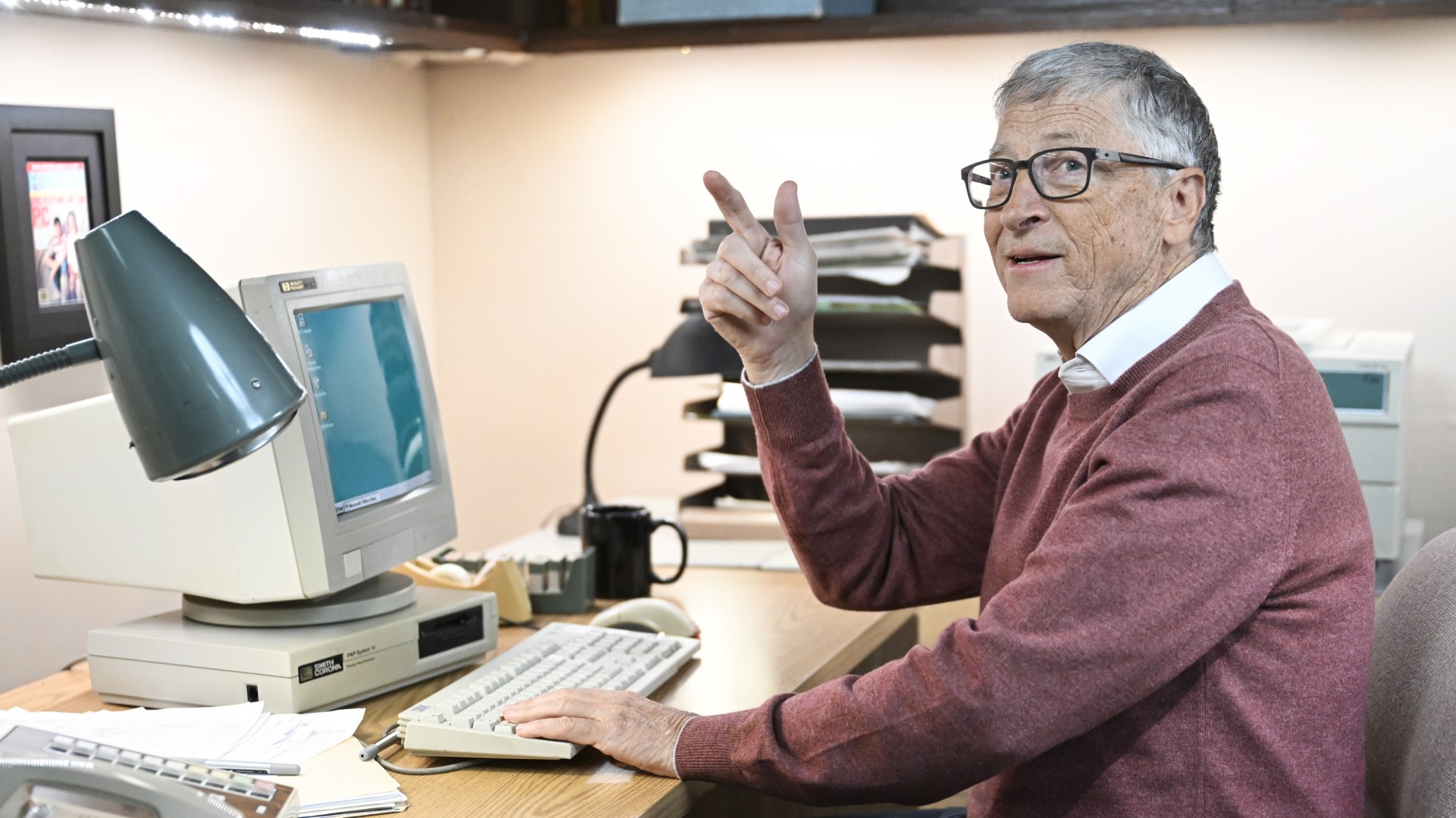Bill Gates recently shared some interesting insights about the rapid progression of generative AI while appearing for an interview on The Tonight Show hosted by Jimmy Fallon. The Microsoft co-founder predicts AI will gradually take over more professions, eventually replacing humans in the workplace.
According to Gates:
“The era we’re just starting is that intelligence is rare — a great doctor or a great teacher. With AI, over the next decade, that will become free, commonplace — great medical advice, great tutoring. It’s kind of profound because it solves all of these specific problems like we don’t have enough doctors or mental health professionals. But it brings with it so much change.”
Bill Gates says AI is getting scary and humans won’t be needed for most things from r/ChatGPT
The philanthropic billionaire admitted the rapid evolution of generative AI is beginning to scare people, prompting the host to ask whether we’ll need humans in this new era of innovation. Gates kept his answer simple and short: “Not for most things.”
Bill Gates further clarified that it’ll mostly be up to humans to decide when to utilize AI to meet specific needs. For instance, he pointed out that people wouldn’t want to watch AI-powered devices playing baseball. “There will be some things we reserve for ourselves. But in terms of making things and moving things and growing food, over time those will be basically solved problems,” he added.
The Microsoft co-founder has blatantly championed AI advances across the world, branding 2024 as “the year of AI.” In a separate interview, he indicated that he’d start Microsoft again as an AI firm to take on OpenAI and Google.
While he indicated it would be easy to raise billions for an AI-centric firm based on a few sketch ideas, he admitted it’s difficult to succeed in the AI landscape compared to software, making it paramount to identify a niche with little competition.
In a previous episode of Bill Gates’ Unfocused Me podcast, the Microsoft co-founder hosted OpenAI CEO Sam Altman to discuss developments in the AI landscape. He highlighted concerns about AI potentially taking his job but also painted a scenario where the technology presented a 3-day workweek opportunity.





